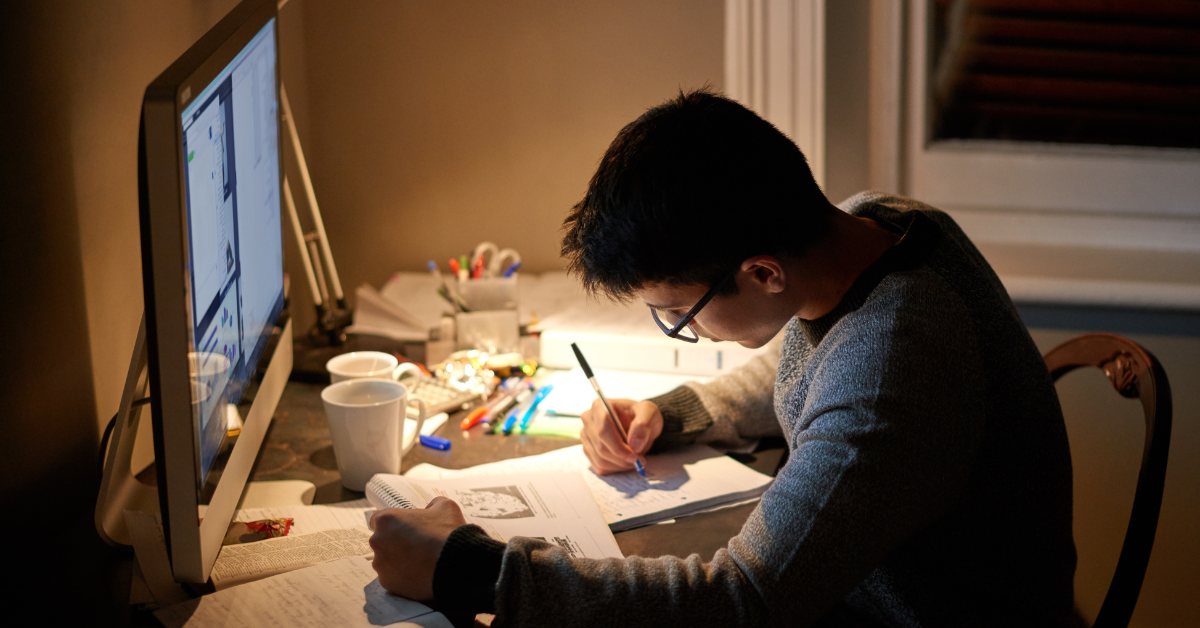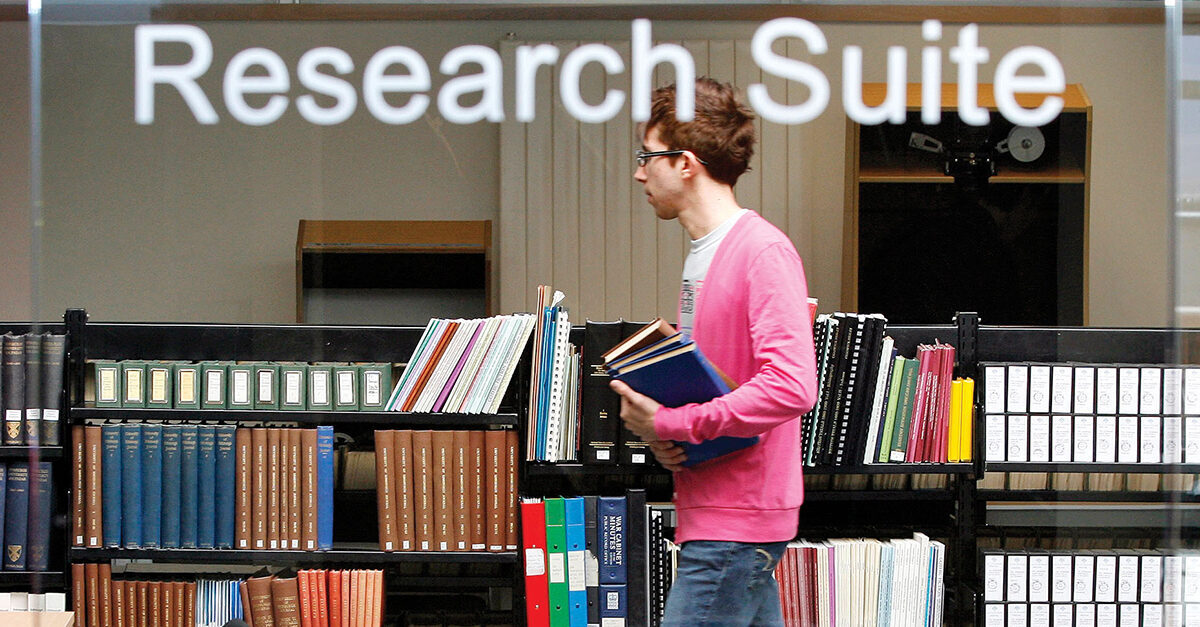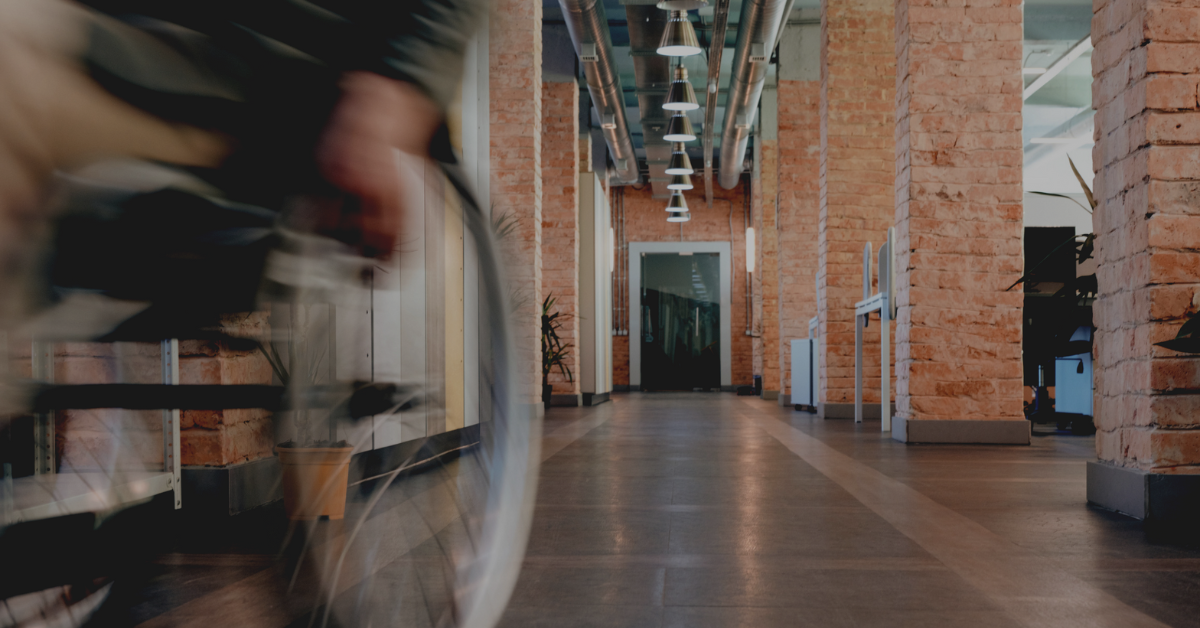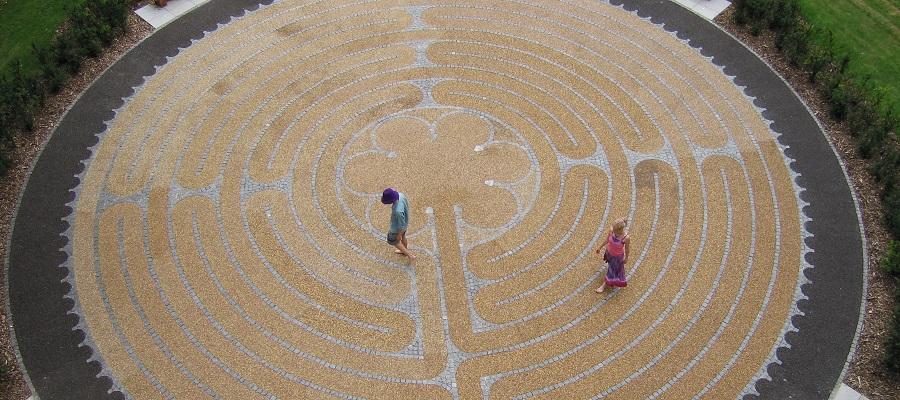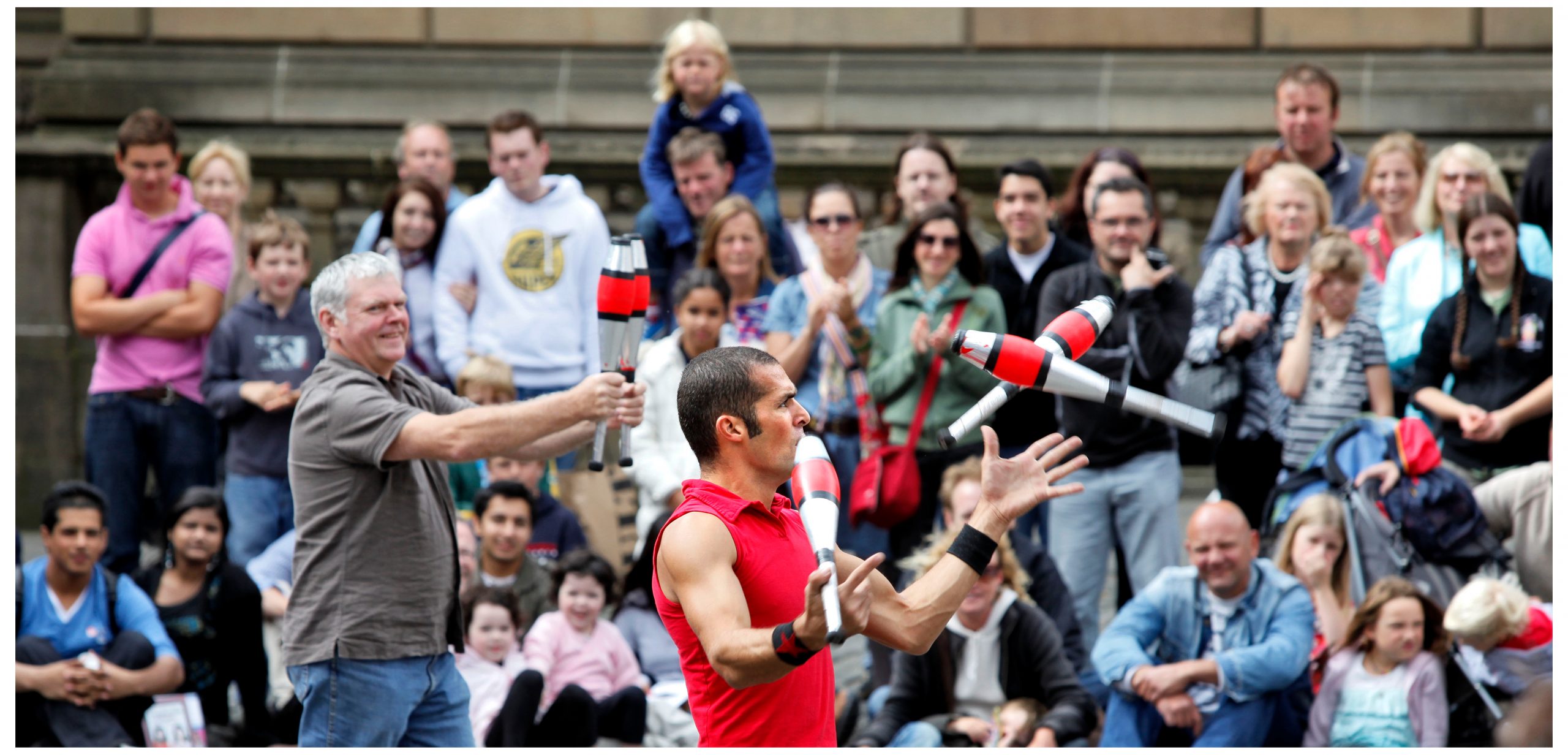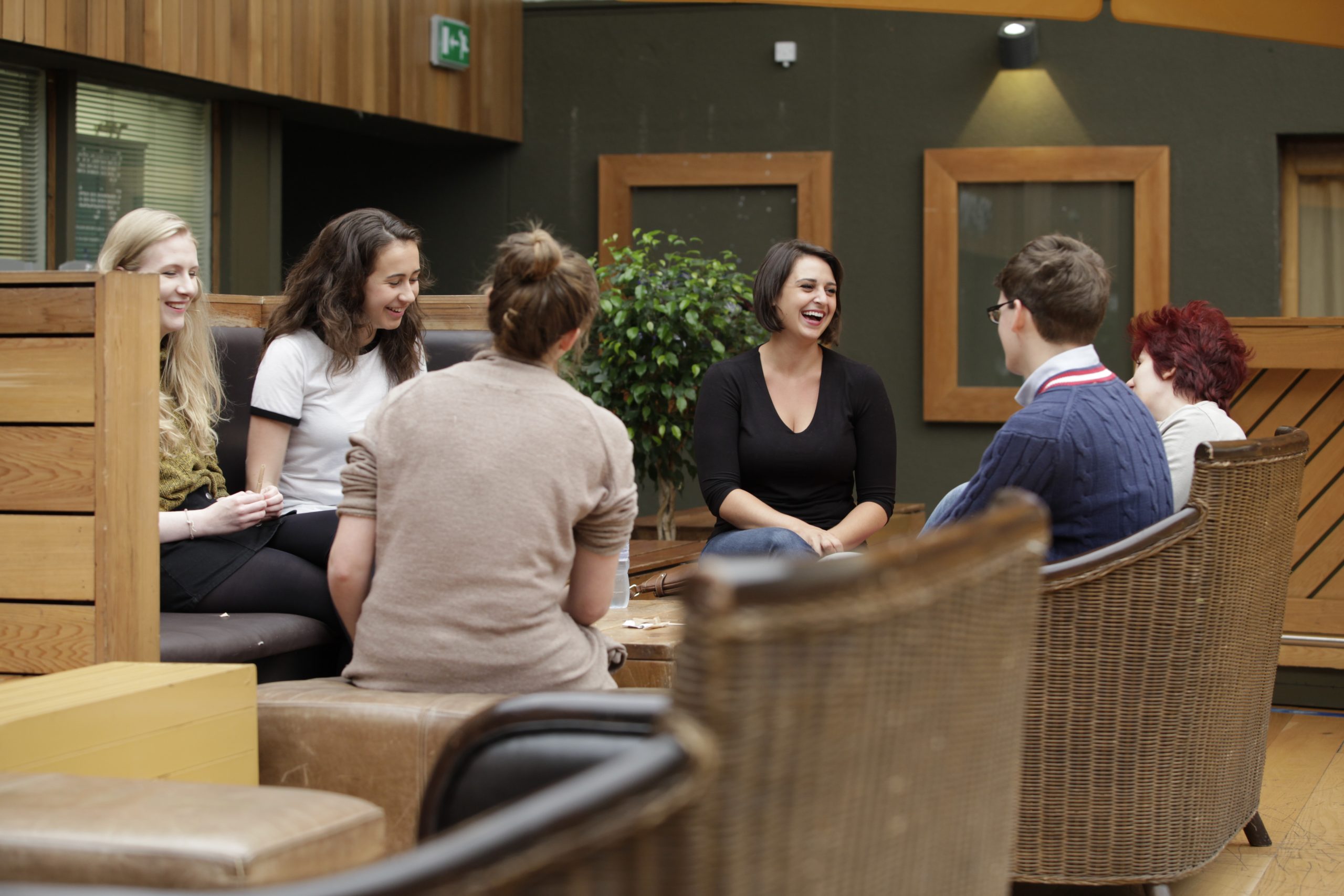Tag: advice
In this blog post, Tessa Warinner, wellbeing adviser at the School of History, Classics, and Archaeology, discusses ‘Burnout’ – a rising concern in academia. Tessa discusses what it feels like, its prevalence, impact, and signposts helpful resources for managing it. This post belongs to the Hot Topic theme: Critical insights into contemporary issues in Higher Education. I’m […]
…by Kit / from Belgium / studying History (MA) / 3rd yearAll Posts Being at university, there’s always a time when we struggle to get work done. As a disabled student, this can be doubly true. Whether that’s due to ADHD goblin brain or bad health days, the tips and tricks below can help you […]
Embarking on a postgraduate journey is undoubtedly an exciting and intellectually rewarding endeavour, but it does require a significant amount of time, effort and dedication. How can you get the most out of your studies, without experiencing burnout? MSc Intellectual History student Lena offers her thoughts. Taking the decision to study at a postgraduate level […]
In their previous post, Seth gave some advice on what to do before you start university, so this next blog will touch on what to do AFTER you start your studies, and help you get the most out of them. When meeting your Cohort Lead talk about your disability and how it might impact your […]
Starting university is usually cause for anxiety in and of itself. It can be even more so when you have a disability, health condition or learning difference to consider. Student Ambassador Seth offers some advice on what to do before you start your studies which will, hopefully, make the process less stressful for you. Get […]
Fitting in, finding friends, ‘the student experience’. There is no one way to be a student, but 4th year History (MA Hons) student Georgia-Taygeti shares her experience and how volunteering made the difference for her. In my first year I didn’t really feel like I was doing the student thing right. I made my closest […]
Many students stay in Edinburgh over the summer break – why wouldn’t you? – but what do they do all day? Student Ambassador Tess has some suggestions. Find yourself in Edinburgh for the summer? Have no fear! It’s not uncommon for students to stay up in Edinburgh as the sun starts to peek through all […]
As part of Pride Month, Tristan (Ancient and Medieval History, MA Hons) shares his experience as an LGBTQ+ student at the University of Edinburgh. Navigating your first year at university can feel both intimidating and exciting as you get to grips with higher education, exploring a new city and meeting new people. This experience can […]
Much of university recruitment is aimed at school-leavers, but what if you are older or have been out of education for some time? Tristan – MA (Hons) Ancient and Medieval History – told us his story. In 2018, the University of Edinburgh launched its Access Programme as part of its Widening Participating Initiative. As a […]
Leaving home to go to University is daunting enough, but what’s it like if you’re travelling across the world to do it? Scarlett is from the US so she can tell you. At times as an international student, it can be difficult to be so far away from home. But trust me when I say […]
Dissertation. A big word, and often a scary one. Alfie, a Student Ambassador, looks at ways to make it slightly less intimidating. Perhaps the culmination of your time at university and exceptional (circumstances notwithstanding), also the longest piece of academic writing you will have created to date. Sounds like a lot – and let’s not […]
One of HCA’s Student Ambassadors, Juliet, looks at ways to manage your money as a student. Going to university might be the first time many people have to manage their money, and the excitement of seeing your first student loan in the bank account is accompanied by the worry of not knowing how to budget […]
We asked Student Ambassador Alfie for his thoughts on what it’s like working whilst studying. My first piece of advice for any students looking for a job in term-time would be to make sure you read the job advert closely. If you don’t, you may end up like me. Not that that’s a bad thing. […]
One of our students, Sarah, gives us the lowdown on surviving exams. As a student, exams are inevitable: some courses only require in-term coursework, but most have a final exam to test your learning through the semester. As a fourth year I’ve gone through many exams and have developed my ideal system for dealing […]
It’s only now that I’m in my last semester of my final year, and I’m having to contemplate moving to a new city, do I realise quite how much I love Edinburgh and the people in it. Having lived here for four years now, and I can honestly say that there is no other place […]
Student Ambassador Scarlett looks back at the things she wished she’d know before starting her studies. With 2 years of university completed, I’ve had a bit of time to reflect on my experience so far. As a History and Politics student I’ve gained several writing, studying, and analytical skills, but there is so much […]



